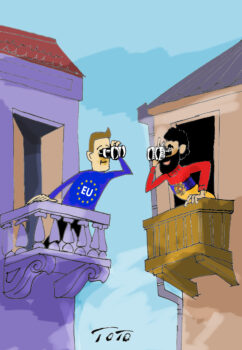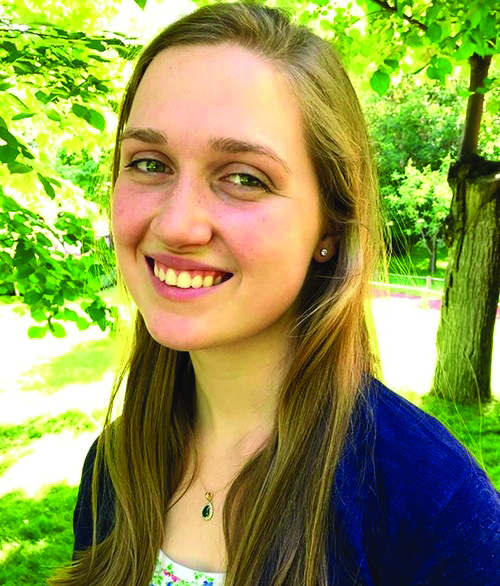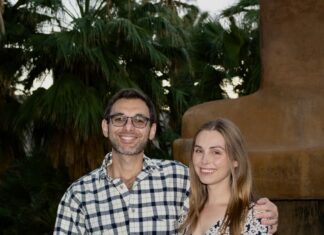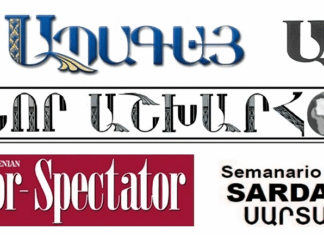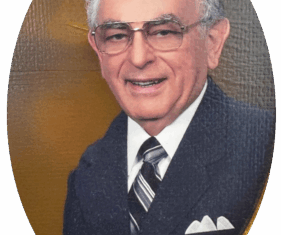CHESTNUT HILL, Mass. — Courtesy of a prestigious Fulbright Scholarship, newly minted Boston College graduate Natasha Bednarz will spend the next year in Armenia working on the most comprehensive exploration ever undertaken of the Caucasus’ geological setting.
As a researcher at the National Institute of Geological Sciences, Bednarz will participate in the groundbreaking Transect project, which, in addition to its important scientific potential, is also pioneering as a historic collaboration.
Prior to this initiative, “political tensions have prevented coordinated collection of seismic data, thwarting a robust analysis of the region’s shared seismic hazards,” she explains. “The Transect project has secured the cooperation of each major Caucasus country — Armenia, Azerbaijan, Georgia, Russia and Turkey.”
As the first significant scientific alliance among the countries of the Caucasus, the Transect project could set a precedent for continued and deepened partnerships, she notes. “The implications go beyond science: for countries with relationships as complex as Armenia and Azerbaijan, fruitful collaboration of any sort sends a powerful message of peace and reconciliation.”
Bednarz will assist in analyzing data from more than 100 new seismic monitoring stations installed across the region. Her role in the Transect project is in part a continuation of her senior thesis research, for which she spent a year investigating earthquakes in the Caucasus region using cellular seismology — an analytic process conceived by her mentor, Associate Professor of Earth and Environmental Sciences Alan Kafka, in which seismologists systematically investigate the relationship between locations of past and future earthquakes in a given region. She worked with Kafka on the thesis, and had conducted independent research with him during her junior year.
In the Morrissey College of Arts and Sciences Honors Program, Bednarz majored in geological sciences and minored in physics. She is a member of the Sigma Pi Sigma honor society, which recognizes outstanding scholarship in physics, and the Omicron Chapter of Massachusetts Phi Beta Kappa. In 2014, she was awarded an Advanced Study Grant for a project titled “A Stride Towards Geothermal Development.”
